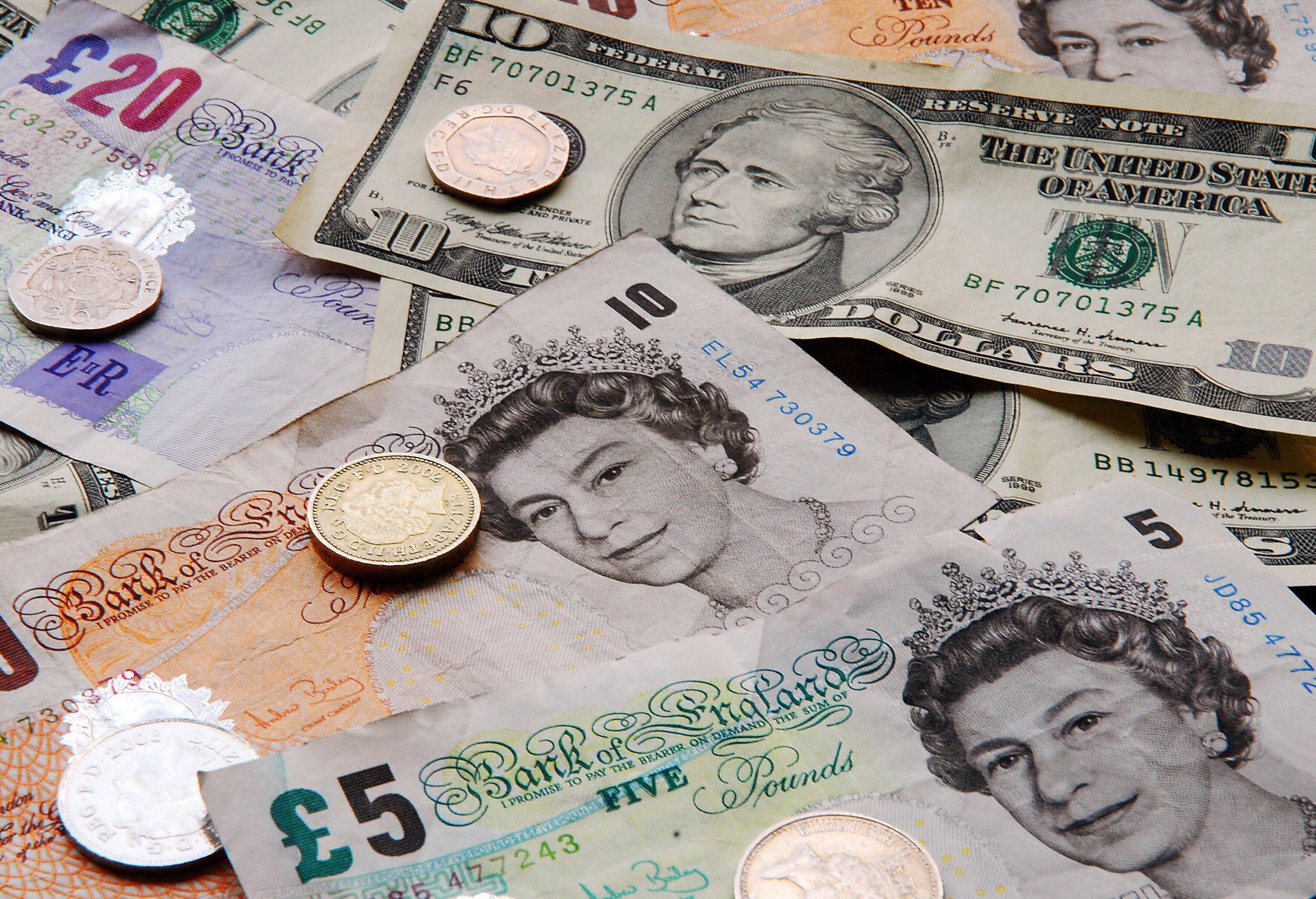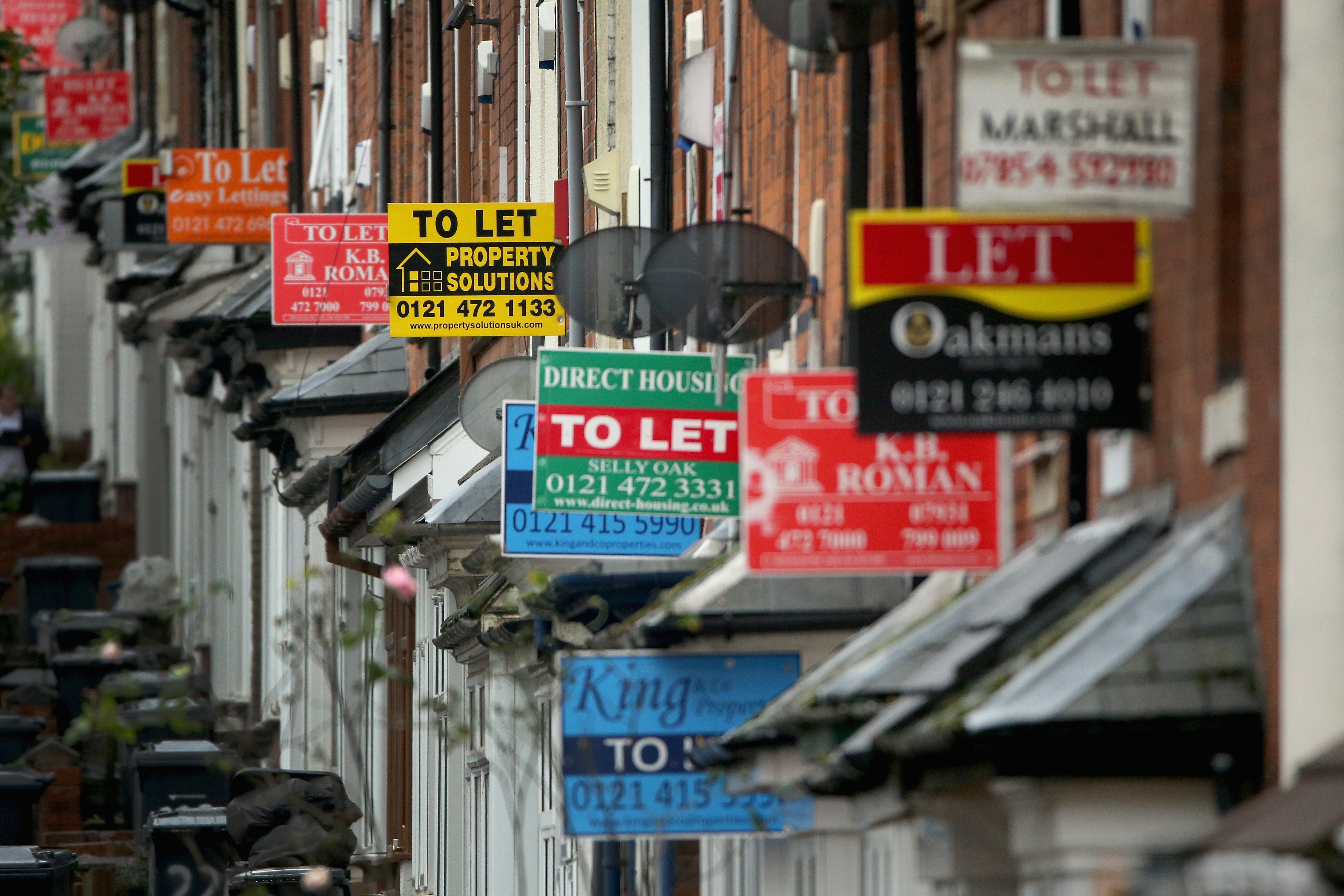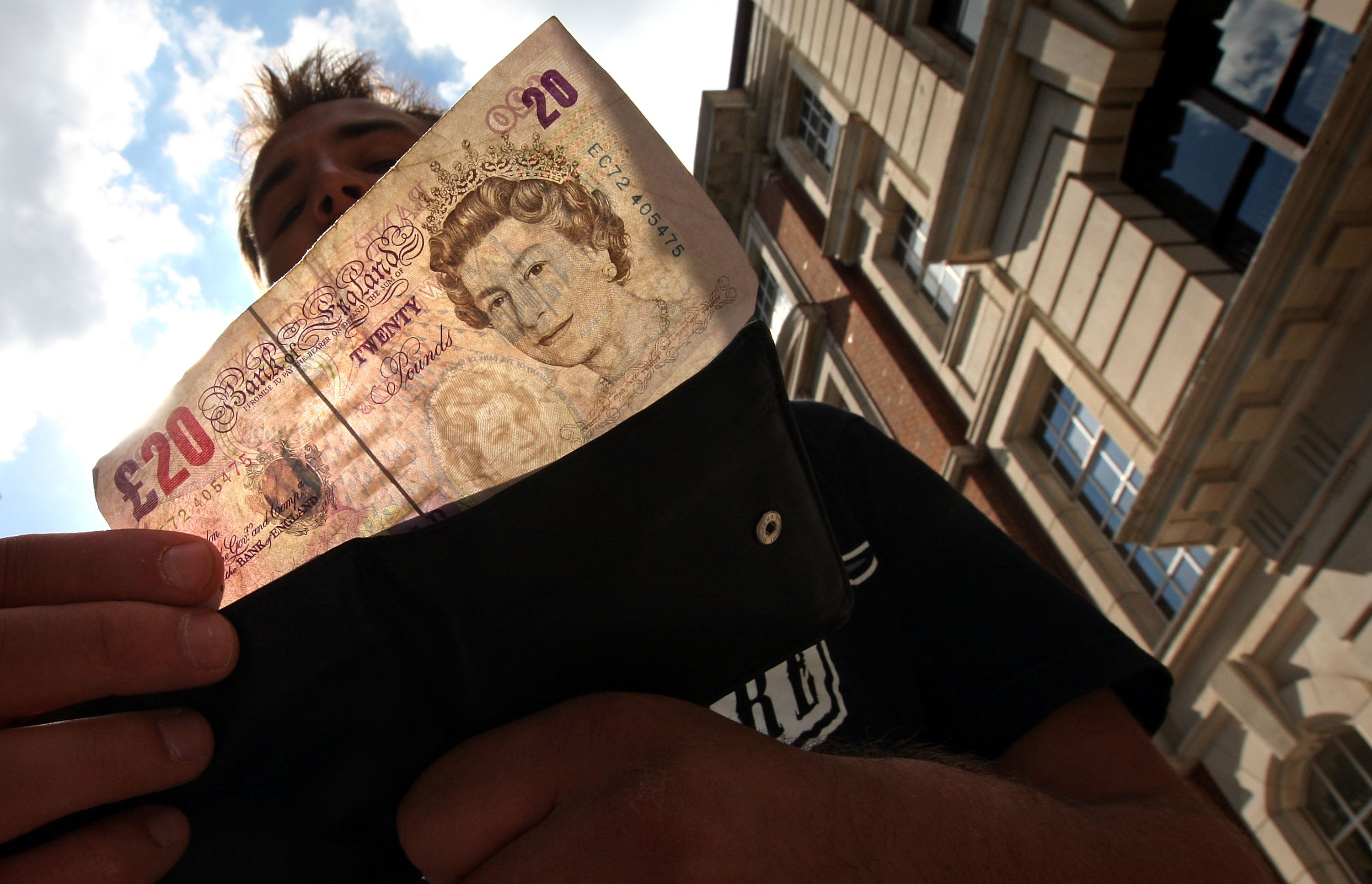Discretionary Housing Payment: How to claim government support for your rent
You don’t have to pay back the Discretionary Housing Payment if you are eligible to recieve it

Your support helps us to tell the story
From reproductive rights to climate change to Big Tech, The Independent is on the ground when the story is developing. Whether it's investigating the financials of Elon Musk's pro-Trump PAC or producing our latest documentary, 'The A Word', which shines a light on the American women fighting for reproductive rights, we know how important it is to parse out the facts from the messaging.
At such a critical moment in US history, we need reporters on the ground. Your donation allows us to keep sending journalists to speak to both sides of the story.
The Independent is trusted by Americans across the entire political spectrum. And unlike many other quality news outlets, we choose not to lock Americans out of our reporting and analysis with paywalls. We believe quality journalism should be available to everyone, paid for by those who can afford it.
Your support makes all the difference.As the cost of living crisis continues to worsen, there are some little known government payment schemes which can help.
The Discretionary Housing Payment is a way to get extra money from your local council to help with housing costs but very few people actually know about it.
So what exactly is this payment and who can apply for it? We explain more:
What is it?
Discretionary Housing Payment is an extra payment from your local council, available to those on benefits for housing.
The amount varies, person to person, and can be used to cover rent shortfall, rent deposits, or rent that needs to be paid in advance, if you need to move house.
It could also help you if you’ve been affected by the benefit cap, the removal of the spare room subsidy in the social rented sector or Local Housing Allowance (LHA) rates.
However, it can’t be used to help pay your Council Tax.
How can you apply for a Discretionary Housing Payment?
If you claim either housing benefit or the housing element of Universal Credit then you’re eligible for the Discretionary Housing Payment.
You can apply by contacting your local council. Each one has a different application process but you can find out who your local authority is by using the gov.uk’s online tool.
How much will I be paid?
There’s no set amount and no set limit for how much you’ll get, it really depends on your council.
You also won’t have to pay back the Discretionary Housing Payment.

Each council decides whether you’re eligible for the help and exactly how much you’ll get on a case-by-case basis and so amounts will vary.
There is also no set way of receiving the payment. It could be paid as a one-off lump sum, or it might be paid as a regular payment, for example monthly or weekly.
The payment could be ongoing or could have an end date, depending on your council and your case, so if you’re claiming it then it’s worth checking when it will finish
If you’re still struggling after the support ends, you can reapply for the payment, although there’s no guarantee that you will get it a second time, or that you’ll receive the same amount if you do.
There is, however, no limit on the amount of times you can apply for the payment.
Are there other was of getting help with housing payments?
Yes, there are other ways to get help if you don’t qualify for a Discretionary Housing Payment.

You could be eligible to apply to your local council’s welfare assistance scheme for a grant.
Many local authorities run welfare assistance schemes for those on a low income who have run into financial difficulties - or who have had to deal with a crisis.
You could also apply for a council tax reduction to help lower the amount you’re spending on your home.


Join our commenting forum
Join thought-provoking conversations, follow other Independent readers and see their replies
Comments